I grew up in Pikesville, a suburb of Baltimore, in the 1960s. My mother wasn’t much interested in cooking, and my father wasn’t interested in eating much beyond Twizzlers, ice cream, and Milk Duds. A typical weekday meal was broiled chicken, flaccid green beans out of a can, and an occasional baked potato with margarine. My favorite foods were Hostess Twinkies, broiled Hebrew National hot dogs wrapped in a slice of pan-fried bologna, coddies, and salami sandwiches on mustard-smeared Wonder bread. (Weirdly, thinking about the feel of that soft mustardy white bread stuck to the roof of my mouth still provides comfort). By the time I was six-years old, Ellen, my skinny next-door-neighbor-best friend, had knick-named me Little Lotta, after the obese cartoon character whose insatiable appetite gave her super-human strength.
I was the only kid on my block who went to sleep-away camp for two weeks and returned home plumper. Swimming, arts-and-crafts and singing around the campfire? Meh. For me, the main event was dinner: Breaded fish sticks with crinkle-cut fries doused in ketchup, fried chicken with a side of tater tots, meatloaf and mashed potatoes smothered in gloppy gravy, communal platters of slightly-stale dinner rolls, pitchers of red bug juice to wash it all down. I begged my parents, unsuccessfully, to send me for four weeks, instead of two.
One year after camp, our pediatrician, Dr. Tramer, suggested to my mother that she put me on a diet. I was eight years old. The next day, when I opened my brown bag lunch in the school cafeteria, I found celery sticks and an apple instead of Fritos and Twinkies. No one would trade with me. A few months later, after stepping on the scale at a follow-up appointment, Dr. Tramer proclaimed, “good girl!” then marched me out to the waiting room packed with mothers and coughing kids, clapped his hands for attention, announced I’d lost five pounds, and asked for a round of applause. Though the word mortified was not yet part of my vocabulary, that’s how I felt.
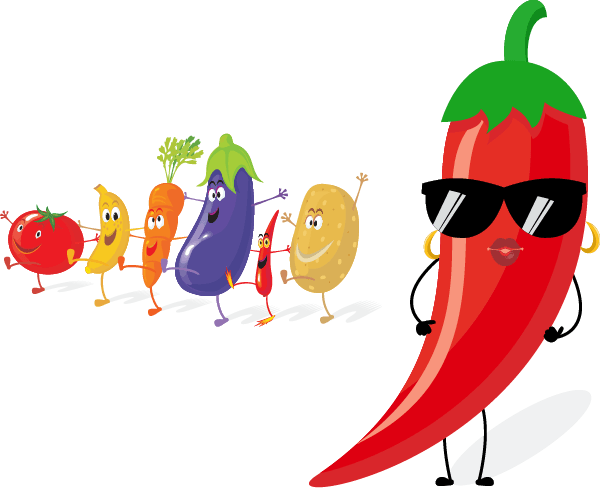

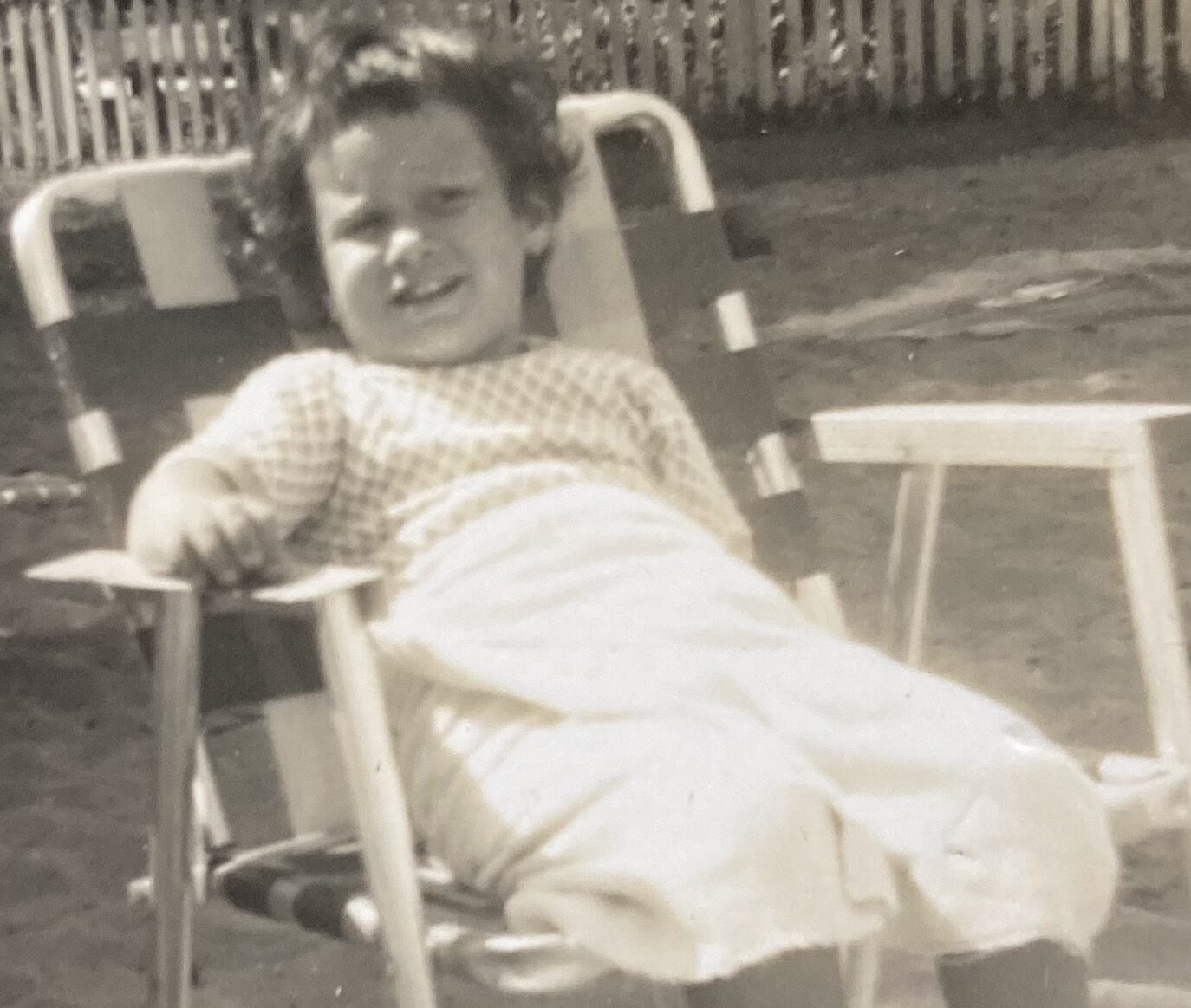
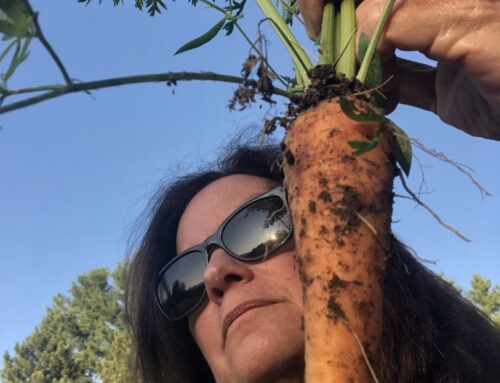
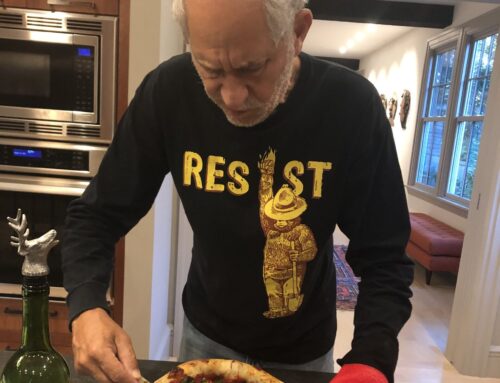
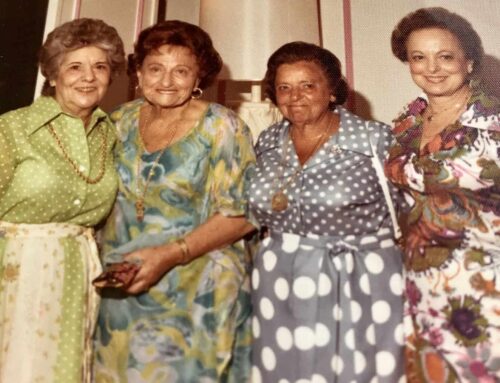
Leave A Comment